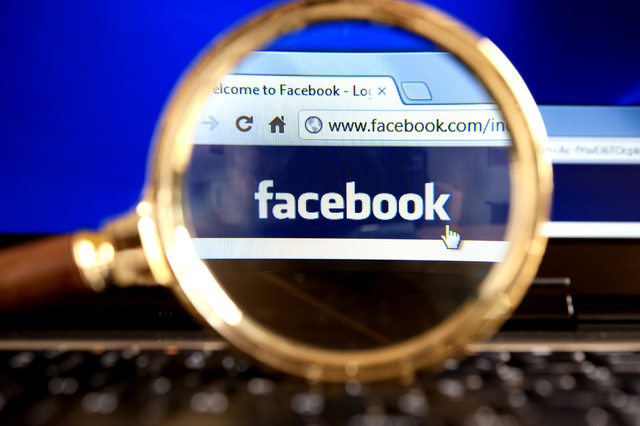Facebook’s anti-anonymity policy worries domestic abuse victims
![]() Facebook has drawn criticism in recent days from domestic abuse victims who claim the social network’s policy against anonymity has led victims to have unwarranted interactions with their attackers over social media.
Facebook has drawn criticism in recent days from domestic abuse victims who claim the social network’s policy against anonymity has led victims to have unwarranted interactions with their attackers over social media.
Some victims say they have received online messages from their former attackers because they couldn’t create a social media account under a false name to protect themselves, according to The Daily Beast.
This can be especially troubling for domestic abuse victims because the majority of domestic abuse murders happen after a partner leaves a relationship, according to The Guardian.
“My blood ran cold, I was sweating, and [having] heart palpitations opening the message,” a woman named Lily told The Daily Beast after she received a message from an ex who previously abused her. “It made my skin crawl.”
Those who sign up under a false name run the risk of having their account suspended by Facebook. They may also be required to send identification to Facebook to regain access to the social network, The Daily Beast reported.
While the Facebook policy has garnered criticism in recent weeks, it was originally intended to prevent users from creating offensive names that are inappropriate, according to The Daily Beast.
“I can understand why this is difficult,” privacy expert Elissa Shevinsky told The Daily Beast. “Real names create a certain kind of community and prevent the most common types of harassment and abuse.”
But it’s not always easy to find the proper balance. Facebook’s help center says the social media site aims to keep the community safe as much as it can, and calls for users to report anyone who may be sexually harassing them online.
The National Network to End Domestic Violence, a nonprofit organization that helps domestic abuse victims (and has been part of Facebook’s advisory board since 2010), has also worked to make Facebook a safer place. To help, the NNEDV released a Facebook guide for domestic abuse victims, which explains Facebook’s privacy policies so victims can better shield themselves from their former abusers.
“Privacy and safety go hand in hand for survivors,” the NNEDV page reads. “The most dangerous time for a victim of abuse is when they are preparing to leave or have left an abusive partner. It is critical that survivors have the information that they need to navigate their lives safely and, in today’s digital age, a significant part of our lives are online.
There are also a number of domestic abuse support groups on Facebook for victims to join, including Life Letters Domestic Support Group, a private Facebook support group that allows victims to share their abuse stories with each other.
Sharing domestic abuse stories has been known to help victims feel more supported and make victims more aware of preventative measures they can take in the future.“Domestic violence stories may be shared within a vast array of forums or settings, which can include lectures, workshops, focus groups, literature, and seminars – all of which may allow for the abuse suffered by victims of domestic violence to proliferate the awareness of the potential damage latent within each circumstance of domestic violence taking place,” according to Domestic Violence Laws.


















